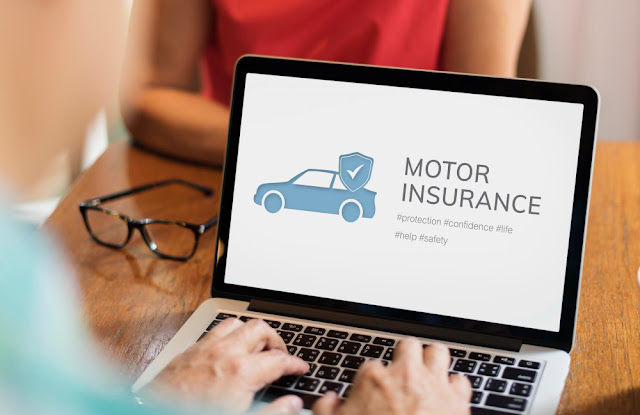Top 5 Money Management Tips to Improve Your Finances

Create A Budget Calculate your spending and make sure you stay inside your budget. Most of our ongoing expenses can be planned for, and failing to do so is a financial sin. You can properly organise you’re spending with use of a budget, which will also help you stay within your means. Make this budget your line of financial control, one that you must never cross, and include all of your recurrent spending up to the last rupee. Automate Your Investments When it is for your own good, it can be difficult part for your hard-earned money. Due to this, majority of people do not consistently make investments, which are frequently the worst. When you use automation for your investments, you may invest without worrying about anything but periodically checking on your investment. Create An Emergency Fund Many people believe that saving money puts an end to financial management. Saving money is only one aspect of good money management, though. Saving money is obviously the first ste...







